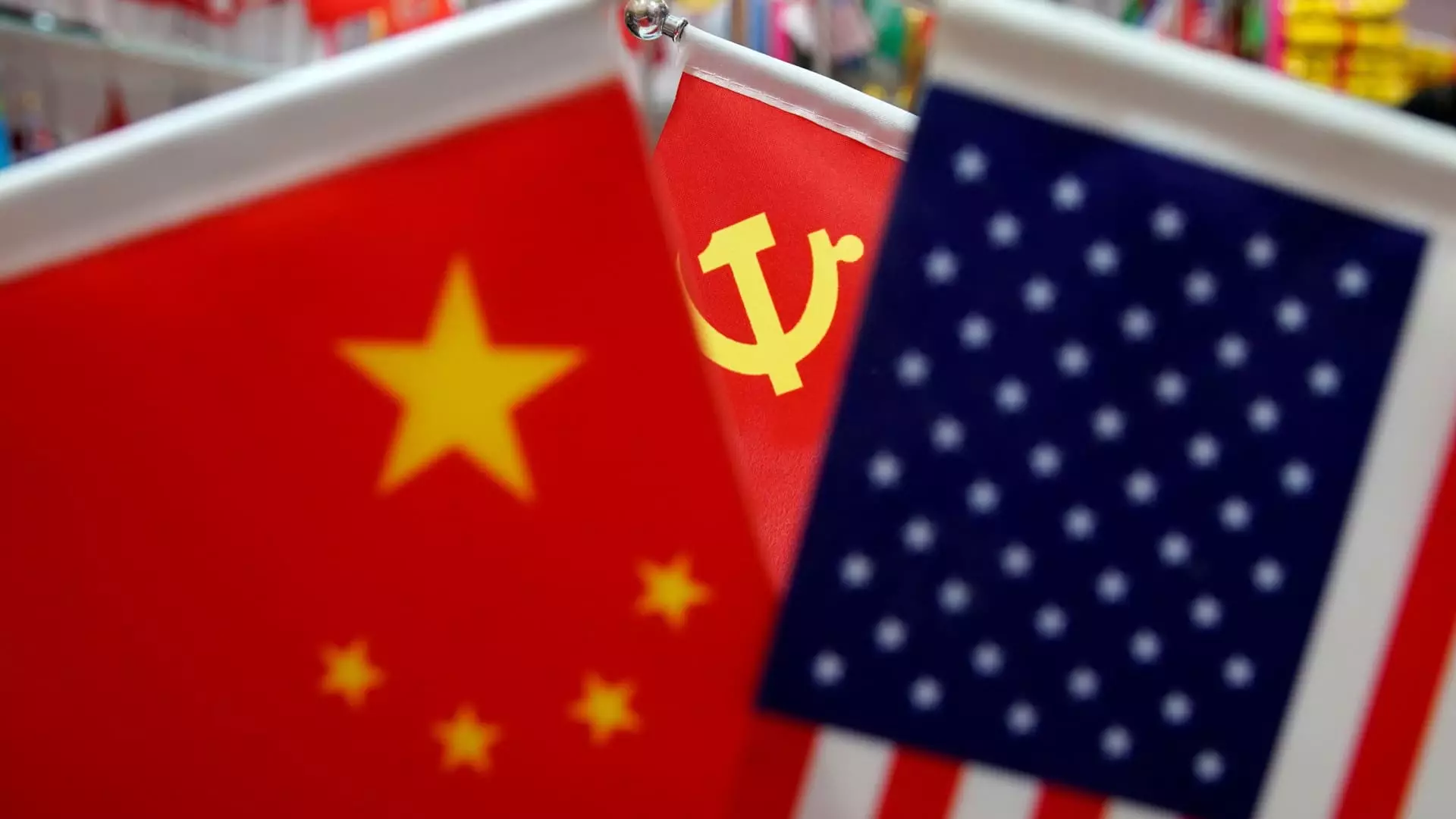When world leaders sit at the table, especially the President of the United States and the General Secretary of the Communist Party of China, the stakes couldn’t be higher. Donald Trump, currently in his second term, faces an uphill battle when dealing with Xi Jinping, a leader often described as one of the most powerful figures in modern Chinese history. Trump’s affinity for a personal rapport is noteworthy; he often remarks about how much he respects Xi. However, this sentiment does not translate into effective negotiations. Trump’s public proclamations that making a deal with Xi is “extremely hard” reflect not just frustration but a fundamental mismatch between two negotiating styles that thrive on assertiveness rather than compromise.
The U.S. president’s bravado may charm some back home, but it has the potential to alienate Chinese leadership which often interprets such messages as a lack of sincerity and mutual respect. As Trump boasts about his toughness, he risks underestimating Xi’s resolve and the broader Chinese strategy that prioritizes long-term goals over short-term gains. Negotiating with a leader who is adept at wielding both patience and calculation creates an environment where talks quickly become a game of chess, rather than checkers.
2. Stalled Trade Talks: A Measure of Mistrust
Recent updates indicate that U.S.-China trade discussions are stagnant, with both sides unwilling to budge on key issues. While it could be easy to criticize Trump solely for the impasse, the reality of international trade is multifaceted. Both nations are shielded by their domestic agendas, and the American perception of economic supremacy complicates any negotiation attempts. The failure to move past the “90-day suspension” trade agreement highlights a significant lack of trust. It appears that both sides are waiting for the other to make the first concession, demonstrating a perilous game of chicken.
China’s reluctance to ease its grip on rare earth exports — critical resources vital for U.S. technology industries — further encapsulates the glaring disparity in priorities. While Washington seems fixated on dealing with tariffs and technology restrictions, Beijing maintains a rigid approach rooted in its strategic interests. This creates a dual challenge: not only are the talks stalled, but they are characterized by increasing tensions that could spiral out of control.
3. The Role of Domestic Politics
Trump’s negotiations with Xi are further complicated by his domestic political landscape. With a polarized electorate and a political opposition eager to capitalize on perceived diplomatic failures, Trump must tread carefully. Any sign of weakness in negotiations could be weaponized against him, prompting a defensive posture that makes productive dialogue nearly impossible.
This domestic pressure not only limits Trump’s willingness to compromise but also fails to acknowledge the reality that effective diplomacy often requires political courage and an admission of vulnerability. Michael Pezzullo, Australia’s Secretary of the Department of Home Affairs, has wisely stated that while nations engage in wars, the most powerful weapon remains that of dialogue. Unfortunately, dialogue is something that appears to be in short supply.
4. A Diplomatic Miscalculation: The Threat of Visa Revocations
A particularly concerning element of the Trump administration’s recent actions has been the decision to revoke visas for Chinese students. While couched in a narrative of safeguarding American interests against espionage, this strategy could backfire dramatically. Alienating the very individuals who might bridge the cultural and educational gaps between the two countries may result in long-lasting ramifications.
Approaching negotiations from a position of hostility fails to recognize not only the potential contributions of these students but also the soft power necessary for effective diplomacy. As these educational pathways diminish, the U.S. conveys an image of xenophobia rather than leadership, further eroding trust and goodwill in the face of an already strained relationship.
5. The Importance of Consistency and Predictability
Lastly, any successful negotiation requires consistency and predictability, principles that are sometimes in short supply in Trump’s foreign policy. Analysts, like Neo Wang, have observed that China would only agree to discussions if they believe it’s a controlled environment free from unexpected surprises—or the unpredictability that often characterizes Trump’s rhetoric. This reflects a fundamental truth about diplomacy: relationships require both parties to work toward shared outcomes rather than unilateral objectives.
In a world that increasingly demands international cooperation, projecting a coherent and predictable stance is vital. Unfortunately, the friction generated by impulsive decisions and erratic messaging only serves to deepen the divides that hinder diplomatic progress. The challenge remains monumental, but the path to recovery entails a dedication to repetition, negotiation, and the elegance of compromise – principles that seem to evade Trump at every turn.

